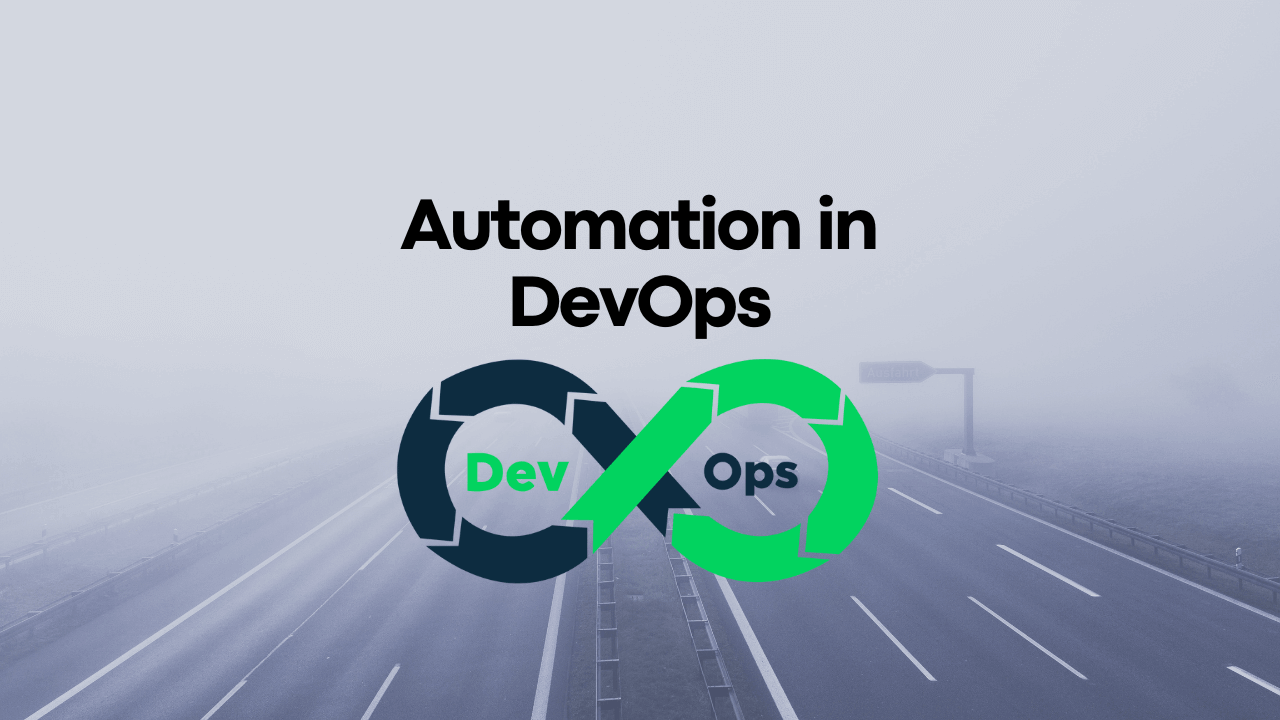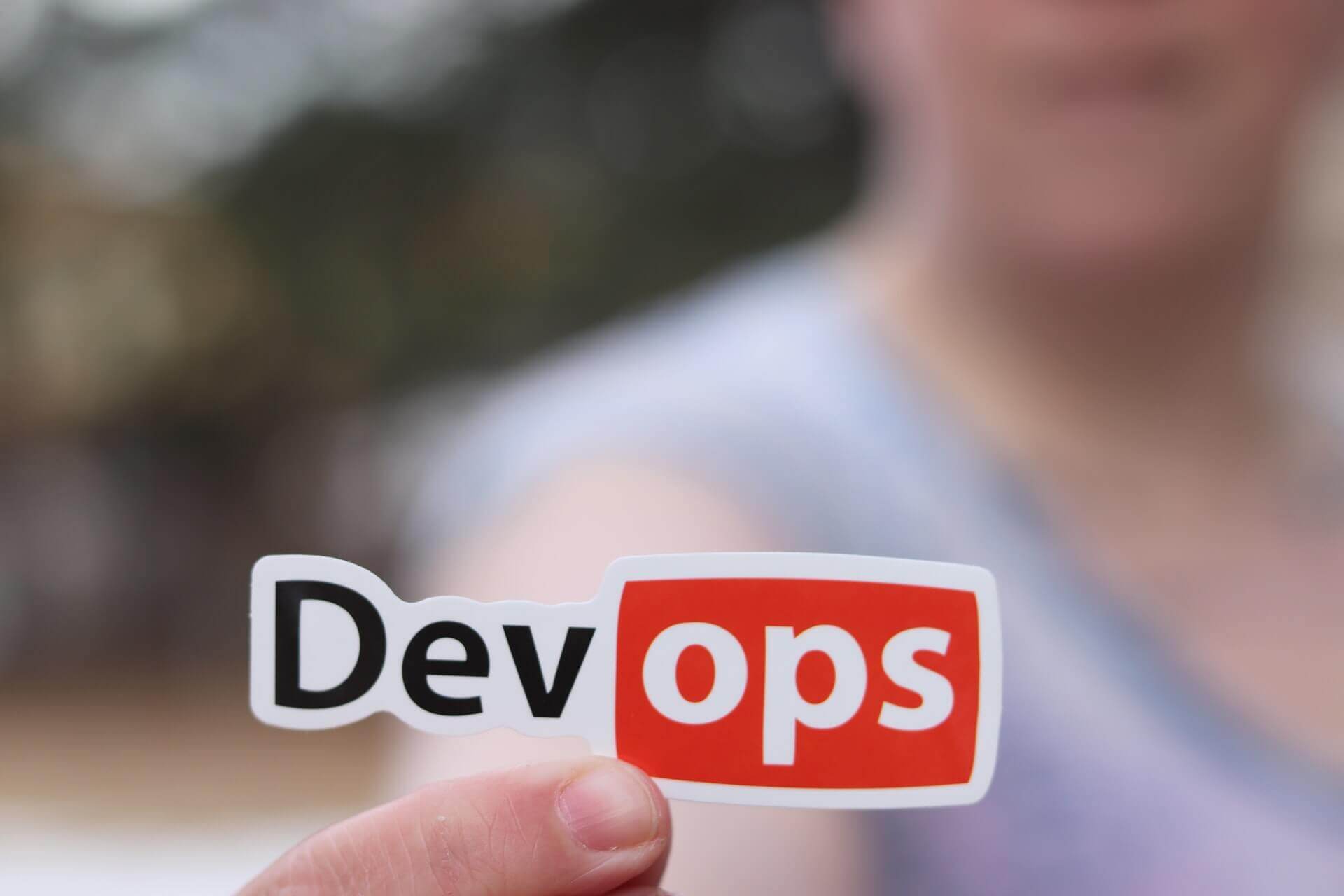The Significance of Automation in DevOps: Streamlining Success
-
 Gineesh Madapparambath
Gineesh Madapparambath
- Automation, Dev ops, Free courses
- July 1, 2023

Introduction
In today’s dynamic digital landscape, DevOps has become an essential methodology for organizations to deliver software efficiently and with improved quality. At the heart of successful DevOps lies automation—a game-changer that drives productivity, accelerates workflows, and ensures consistency across the software development lifecycle. In this blog, we will explore the importance of automation in DevOps and how it enables organizations to thrive in the era of continuous integration and delivery.
Increased Efficiency
Automation eliminates manual, repetitive tasks, freeing up valuable time for developers and operations teams to focus on critical activities. By automating routine processes such as code deployment, testing, and infrastructure provisioning , organizations can reduce human error, increase efficiency, and deliver software updates at an unprecedented pace.
Continuous Integration and Delivery (CI/CD)
Automation plays a pivotal role in enabling continuous integration and delivery, which are fundamental pillars of DevOps. Continuous Integration involves automatically integrating code changes into a shared repository, facilitating frequent collaboration among developers. This ensures early bug detection, shorter feedback loops, and faster time to market.
Continuous Delivery automates the release process, allowing organizations to deploy software changes rapidly and reliably. Automated build, test, and deployment pipelines ensure that code is thoroughly tested and ready for production, reducing the risk of errors and ensuring consistent quality.
Scalability and Flexibility
Automation empowers organizations to scale their infrastructure and adapt to evolving business needs. By utilizing tools for infrastructure as code (IaC), provisioning and managing resources become streamlined, consistent, and easily reproducible. Automation enables the dynamic provisioning of environments, reducing the time and effort required to set up and configure infrastructure, whether on-premises or in the cloud.
Improved Collaboration and Communication
Automation bridges the gap between development and operations teams, fostering collaboration and seamless communication . By automating processes, both teams gain a shared understanding of the software development lifecycle, leading to increased efficiency and reduced friction. This encourages collaboration, transparency, and the ability to address issues promptly.
Enhanced Quality and Reliability
Automation enables comprehensive testing, ensuring that software is thoroughly checked for defects, vulnerabilities, and performance issues. Automated testing frameworks allow for faster execution of tests, greater test coverage, and the ability to catch bugs early in the development cycle. This enhances software quality, reliability, and customer satisfaction.
Conclusion
Automation lies at the core of successful DevOps implementations, revolutionizing software development and delivery. By streamlining workflows, enabling continuous integration and delivery, improving collaboration, and enhancing quality, automation empowers organizations to navigate the ever-changing digital landscape with agility and confidence. Embracing automation in DevOps is no longer a luxury but a necessity to stay competitive, accelerate time to market, and deliver high-quality software that meets customer expectations. So, embrace automation and unlock the full potential of DevOps in your organization.
Remember, the journey towards successful DevOps begins with automation as your trusted ally.

Gineesh Madapparambath
Gineesh Madapparambath is the founder of techbeatly. He is the co-author of The Kubernetes Bible, Second Edition and the author of Ansible for Real Life Automation. He has worked as a Systems Engineer, Automation Specialist, and content author. His primary focus is on Ansible Automation, Containerisation (OpenShift & Kubernetes), and Infrastructure as Code (Terraform). (Read more: iamgini.com)
Note
Disclaimer: The views expressed and the content shared in all published articles on this website are solely those of the respective authors, and they do not necessarily reflect the views of the author’s employer or the techbeatly platform. We strive to ensure the accuracy and validity of the content published on our website. However, we cannot guarantee the absolute correctness or completeness of the information provided. It is the responsibility of the readers and users of this website to verify the accuracy and appropriateness of any information or opinions expressed within the articles. If you come across any content that you believe to be incorrect or invalid, please contact us immediately so that we can address the issue promptly.


